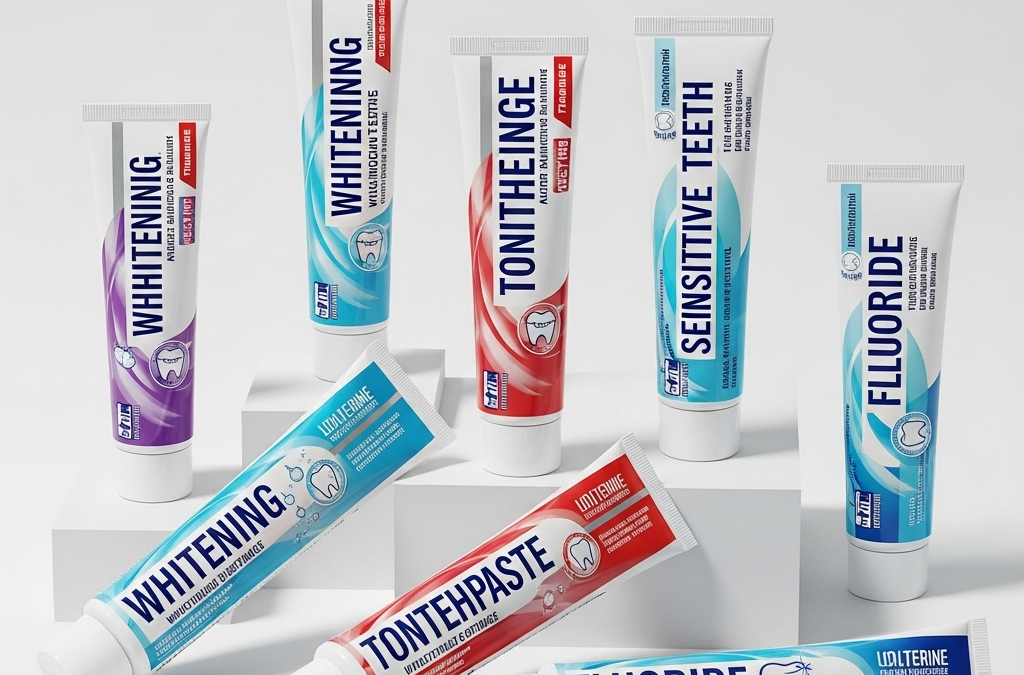- Hook: Bad breath can be an embarrassing and confidence-draining issue, affecting personal and professional interactions.
- Acknowledge: While often associated with poor oral hygiene, halitosis can stem from various sources, some unexpected.
- State the post’s purpose: This comprehensive guide aims to shed light on the common and lesser-known causes of bad breath, equip you with strategies for accurate identification, and provide effective, long-lasting solutions to help you regain fresh breath and confidence.
What is Halitosis? Understanding the Odor
- Definition: Chronic bad breath that doesn’t go away after brushing or using mouthwash.
- Primary Culprits: Volatile Sulfur Compounds (VSCs) – explain how bacteria produce these odorous gases.
- Psychological Impact: The social and emotional burden of halitosis.
Common Causes of Bad Breath: Where Does It Come From?
- Oral Hygiene Issues (The Most Common Cause):
- Bacteria on the Tongue: The rough surface of the tongue traps bacteria, food debris, and dead cells, which produce VSCs. (Emphasis on the back of the tongue).
- Food Particles: Leftover food in and around teeth, especially after meals.
- Plaque and Tartar: Accumulation provides a breeding ground for bacteria.
- Gum Disease (Gingivitis and Periodontitis): Inflammation and infection of the gums release foul-smelling compounds.
- Cavities and Abscesses: Bacteria thrive in decay, and infections can produce pus.
- Poorly Fitting Dental Appliances: Dentures, bridges, or retainers can trap food and bacteria if not cleaned properly.
- Dry Mouth (Xerostomia): Lack of saliva reduces the mouth’s natural cleansing ability.
- Dietary Factors:
- Pungent Foods: Garlic, onions, spices – compounds absorbed into the bloodstream and exhaled.
- Coffee and Alcohol: Contribute to dry mouth.
- High-Protein/Low-Carb Diets: Can lead to “ketone breath” as the body burns fat.
- Lifestyle Habits:
- Smoking and Tobacco Use: Causes distinct bad breath, stains teeth, and increases risk of gum disease.
- Insufficient Water Intake: Contributes to dry mouth.
- Underlying Medical Conditions (Non-Oral Causes):
- Respiratory Tract Infections: Sinus infections, tonsil stones (tonsillitis), bronchitis, pneumonia.
- Gastrointestinal Issues: Acid reflux (GERD), indigestion.
- Systemic Diseases: Diabetes (fruity breath), kidney failure (fishy odor), liver failure (musty odor).
- Certain Medications: Can cause dry mouth (see previous post on dry mouth).
Identifying the Source: How to Pinpoint the Cause
- Self-Assessment:
- The “wrist lick” test or “spoon scrape” test for tongue odor.
- Asking a trusted friend or family member.
- Professional Diagnosis:
- Dental Examination: Crucial for identifying oral causes (gum disease, cavities, infections).
- Tongue Assessment.
- Breath Analysis: Some dentists use specialized equipment (halimeters) to measure VSC levels.
- Referral to Medical Doctor: If oral causes are ruled out, referral for systemic health assessment.
Finding Long-Lasting Solutions: Effective Strategies for Fresh Breath
- Optimized Oral Hygiene Routine (Crucial First Step):
- Thorough Brushing: At least twice a day, 2 minutes each time, focusing on all tooth surfaces.
- Daily Flossing: To remove food particles and plaque from between teeth.
- Tongue Cleaning: Use a tongue scraper or brush to remove bacteria from the tongue’s surface – highlight its significant impact.
- Regular Dental Check-ups and Cleanings: Professional removal of plaque and tartar.
- Targeted Oral Products:
- Therapeutic Mouthwashes: Containing CPC, zinc chloride, or essential oils. Explain their role in killing bacteria or neutralizing odors. (Refer to mouthwash post).
- Saliva Substitutes/Stimulants: For dry mouth.
- Addressing Underlying Dental Issues:
- Treating cavities, gum disease, infections.
- Repairing or replacing faulty dental work.
- Lifestyle Adjustments:
- Stay Hydrated: Drink plenty of water throughout the day.
- Quit Smoking and Reduce Alcohol/Caffeine: Significant impact on breath freshness.
- Dietary Awareness: Limiting pungent foods, brushing/rinsing after eating.
- Managing Systemic Health Conditions:
- Working with a medical doctor to control diabetes, reflux, or respiratory infections.
Conclusion:
- Summarize: Bad breath, while common, is often treatable once its root cause is identified.
- Reiterate: A consistent and thorough oral hygiene routine is your first line of defense, but don’t hesitate to seek professional help for persistent issues.
- Empower: Take control of your breath and boost your confidence with these effective strategies!
Call to Action: Concerned about persistent bad breath? Our dental team can help diagnose the cause and create a personalized plan to restore your fresh breath. Contact us for a consultation!
Related posts
1 Comment
Deixe um comentário Cancelar resposta
Meet the Author
Welcome to OdontoBlog, your essential source for current dental news and tips. Our goal is to simplify oral health, offering accurate and accessible information.
Popular Posts
Subscribe Now
* You will receive the latest news and updates on your favorite celebrities!



Neat gear! How can I get buy it?